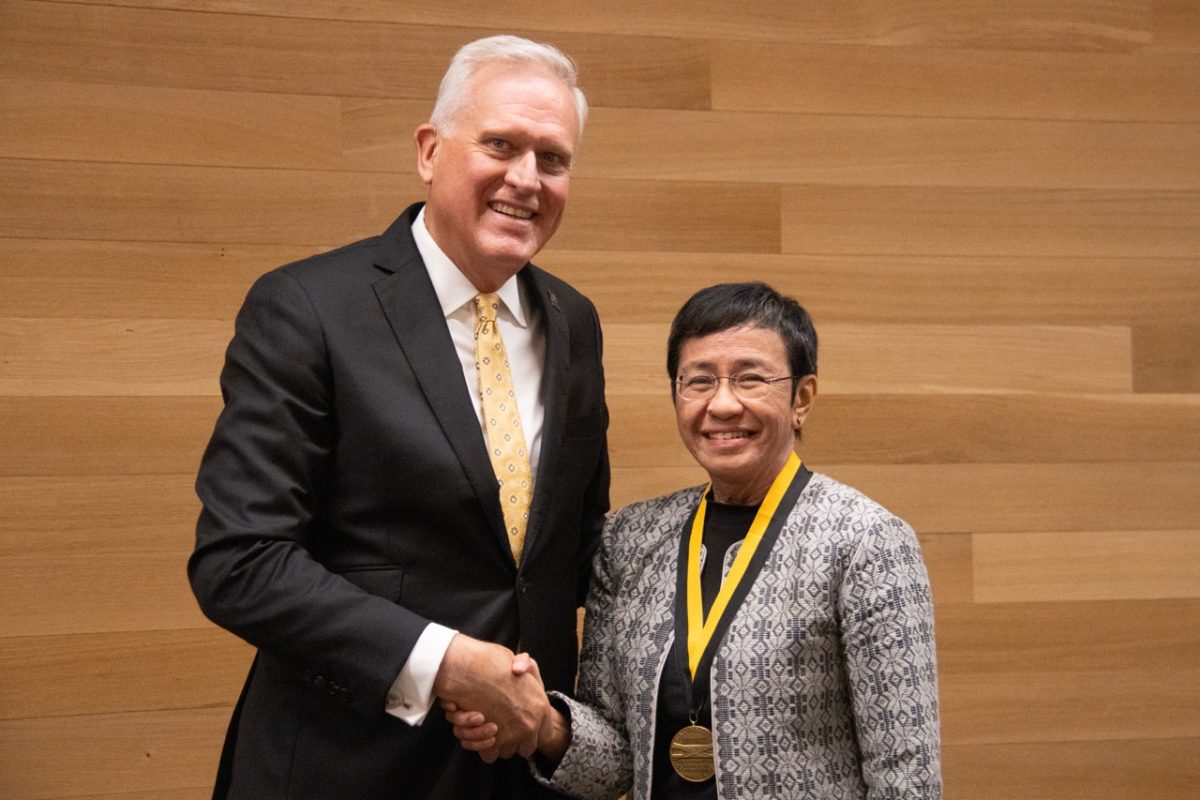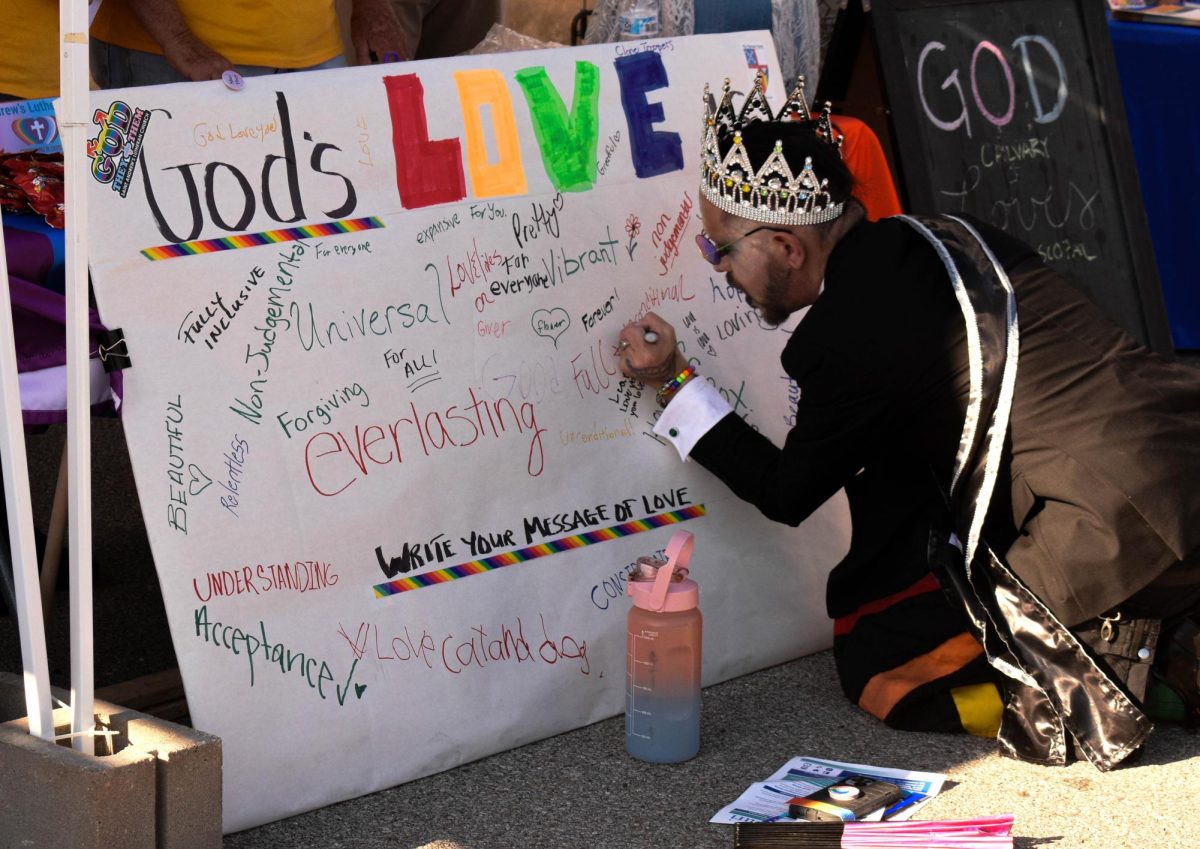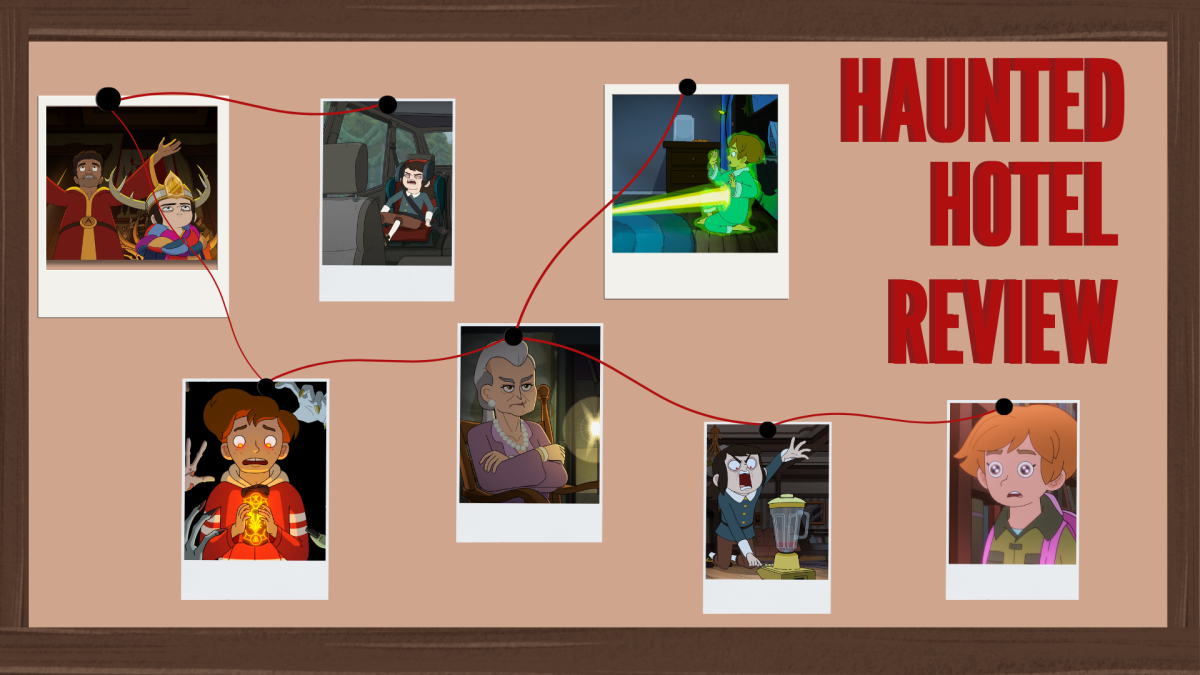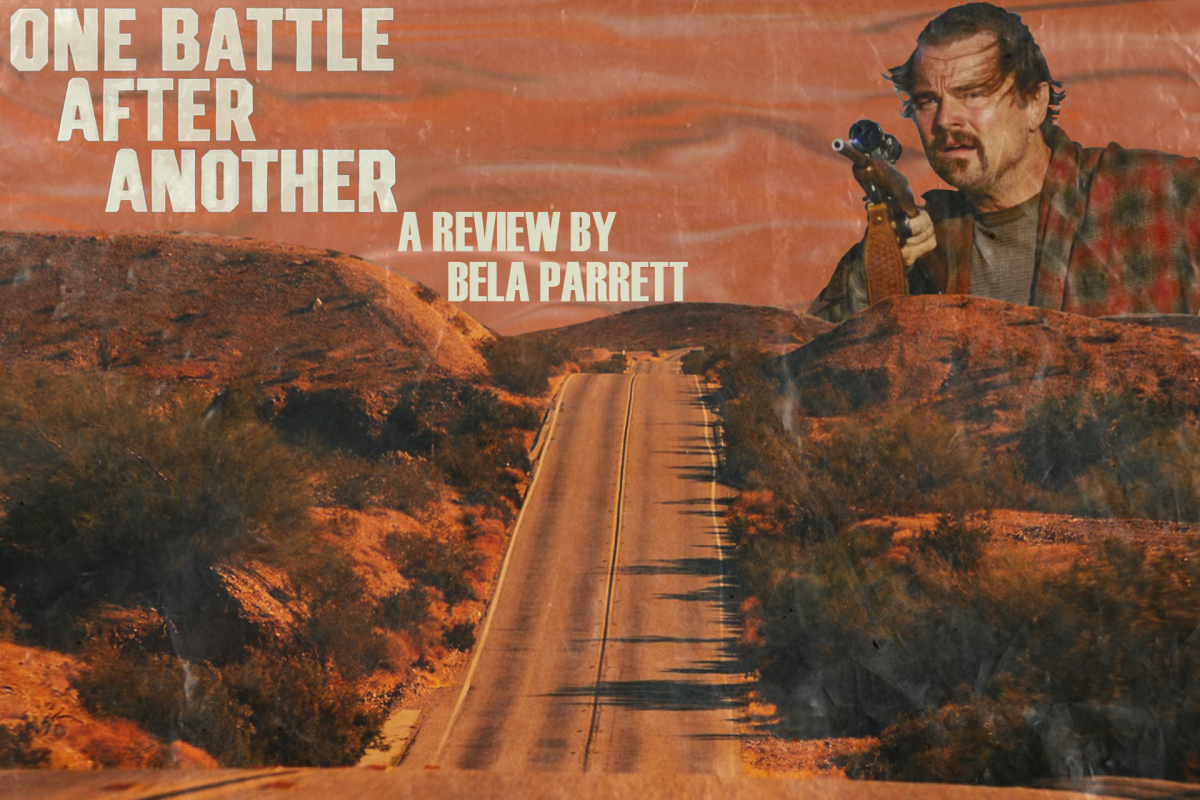As her band kept time, Chaka Khan belted for over eight counts. Her voice saturated the Saturday night Roots N Blues Festival crowd as it grooved along to the bass line backing her. “What’s my name? What’s my name? What’s my name?” Khan said, casting an incantation over Stephens Lake Park, as answers of “Chaka” murmured throughout the crowd. Throughout her performance, Khan was conversational with the crowd. She encouraged fans to sing with her, at times having her fans sing the lyrics while she held pitch.
The final act on the MU Health Care Stage, Khan energized the crowd at the second night of Columbia’s Roots N Blues Festival before headliner John Batiste took the EquipmentShare Stage at 8:30 p.m.
At age 69, Khan refused to relent an ounce of her performance energy to her age. Dressed in layers of black fabric, Khan billowed across the stage. Throughout her set, Khan ascended vocal staircases, causing the audience to rise with each step until reaching the chorus. Finishing the set off with “I’m Every Woman,” Khan commanded a legion of empowered and unified women, all moving in rhythm as one.
Headlining the evening was Grammy Award-winning artist Jon Batiste. Like a pastor addressing his congregation, Batiste delivered each lyric as if it came from the charged voice of the Holy Spirit. Positioned at his piano, neither sitting nor standing, he poured himself into each note with eyes wide shut and a smile directed upward. His body thrashing in time and his fingers mashing chords, it was as if he were playing in tongues.
“This is not a performance. This is not a concert. This is a spiritual practice,” Batiste said after pausing mid-song. Shushing the crowd, he delivered a near minute-long sermon on self-love, justice and truth. Basking in blended hues of orange and purple, he encouraged the audience to not only walk in the light, but to “be the light” — to hold on to their neighbor and to let their freedom shine. With that, he erupted into the chorus of “Freedom.”
As Batiste and his backup singers vocalized freely between verses, the audience played a game of call and repeat with hollars, moans and hums. Some threw themselves forward and launched their hands skyward, while others embraced themselves, recoiling from the emotional punch Batiste delivered. Each motion and move was an act of liberation, yet also a resignation into the collective consciousness Batiste’s music created. It was as if Batiste gave the audience the permission to exist uninhibited, to trade in their sorrows for a song and their troubles for a two-step.
After Batiste’s final song, he walked freely among the crowd while playing a melodica. The sound of excited fans trumped Batiste’s melodica, but it was as if everyone in the crowd continued to move to Batiste’s music despite being unable to hear it.
Chaka Khan and Jon Batiste seemed to leave their audiences feeling empowered and united. Strangers took each other’s hands and danced while friends embraced and sang to each other. While both artists were situated on stage, it felt as if their music emanated from within the crowd.
Edited by Lucy Valeski | [email protected]
Copy edited by Jacob Richey | [email protected]







